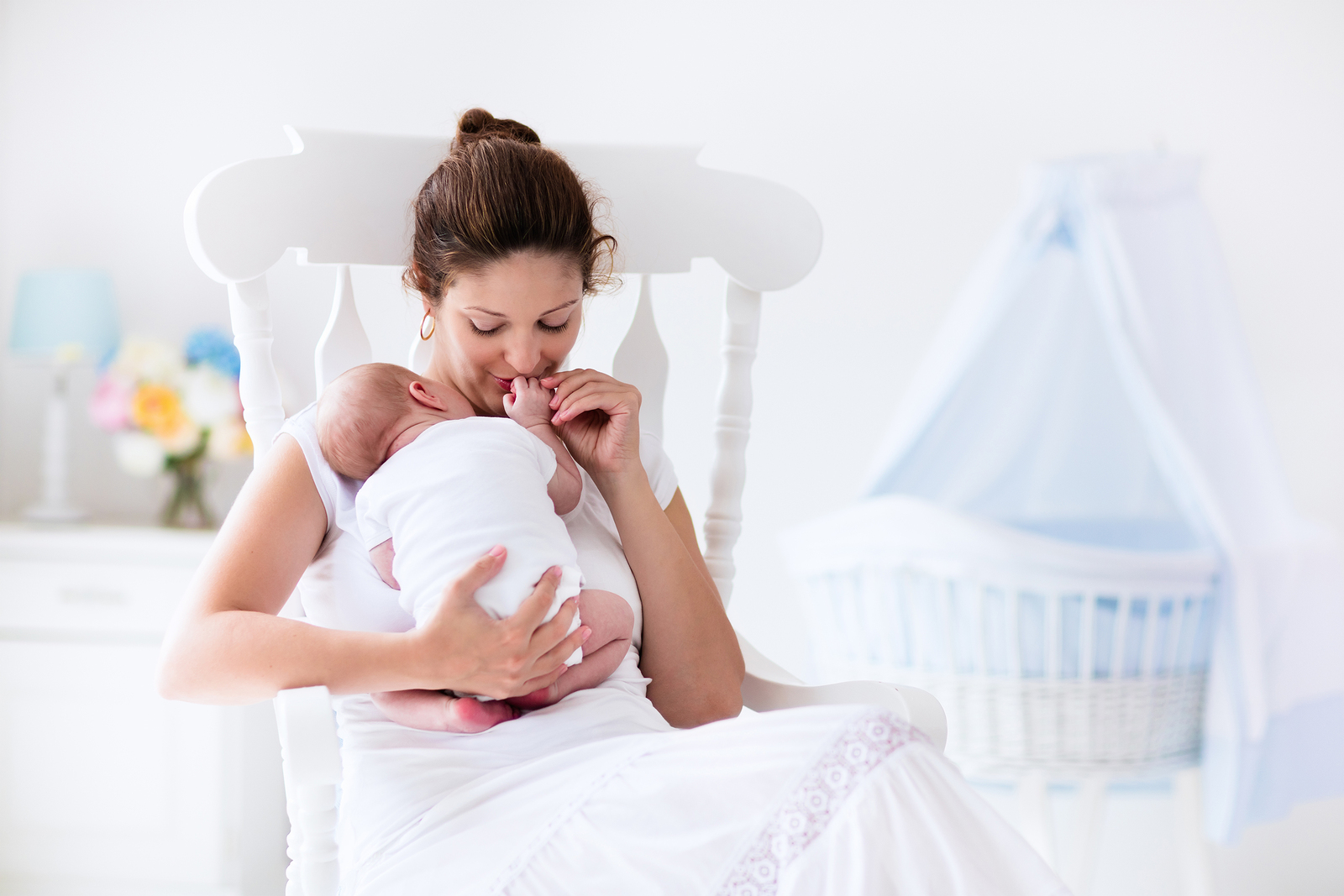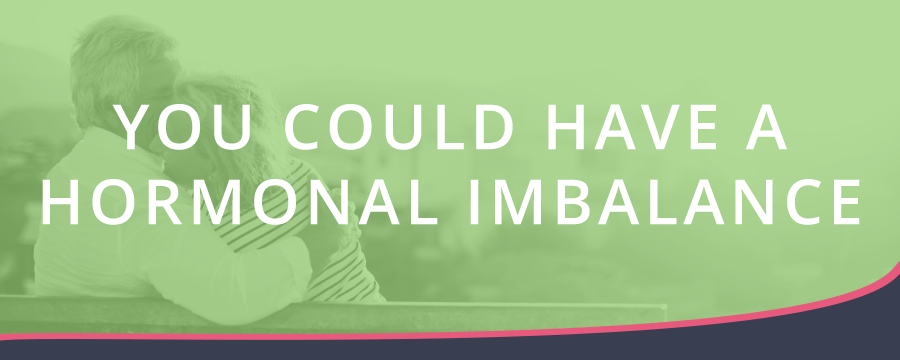Progesterone: Keeping Postpartum Depression at Bay

Louise was 34 and pregnant with her second child when she came to visit me for relief from worsening depression. She had experienced mild postpartum depression (PPD) following her first delivery three years prior, but had taken no medication for the condition at that time. At 30 weeks, I started her on a bioidentical progesterone cream. Within two weeks, her depression had subsided and after delivery, she experienced zero postpartum depression.
Bioidentical progesterone has proven effective for dealing with PPD. According to British physician Katharina Dalton in her groundbreaking 2001 book, Depression after Childbirth: How to Recognise, Treat, and Prevent Postnatal Depression, postpartum depression is defined as “the first occurrence of psychiatric symptoms severe enough to require medical help occurring after childbirth and before the return of menstruation.” Dalton reported the following in new mothers following childbirth:
- 8 in 10 feel “the baby blues,” a period of sadness, moodiness, and weepiness lasting only a couple of weeks. Other symptoms of “the baby blues” may include fatigue, poor concentration, confusion, and mild anxiety.
- 1 in 10 experience postpartum depression, an extension of the baby blues involving treatable but longer-term sadness—sometimes lasing up to a year following childbirth.
- 1 in 200 experience postpartum psychosis, psychotic symptoms sometimes appearing suddenly that include extreme irritability, wild mood swings, or even hallucinations.
- 1 in 125,000 will commit infanticide, a sad but largely preventable situation considering that hormone replacement therapy (HRT) is a viable solution for PPD.
Early symptoms of PPD may include selective hearing, anxiety, constant crying, general feelings of sadness, agitation or irritability, confusion and trouble concentrating, chronic sleepiness or sleeplessness, a change in eating habits, or losing interest in activities. Some women also experience guilt or a lack of interest or outright rejection of their new baby. Some find themselves completely frustrated over feelings of incompetence or inadequacy when it comes to coping with or caring for their baby.
New mothers experiencing PPD usually feel best in the morning but have worsening feelings as the day wears on. By the time they return home from a day at work, they are exhausted and, after eating a high-calorie snack, just want to go to bed.
The key with postpartum depression is to remember that it is not a psychological condition. Postpartum depression is caused by a hormonal imbalance. That message bears repeating: Hormonal imbalance following pregnancy is causing the depression, mood swings, and psychological disturbances many women feel after giving birth.
Unfortunately, new mothers often wait weeks to get help for symptoms of postpartum depression because it is not typically viewed as an urgent matter. But that is exactly the problem: While it is usually a temporary condition, its effects can be very intense and should be treated with a sense of urgency.
A woman’s hormones undergo significant change throughout a pregnancy, often resulting in an imbalance post-pregnancy. While not all women have trouble with hormonal imbalance following pregnancy, those that seek help through HRT are able to return to a happy, healthy state soon after they give birth.
Feeling unlike yourself? Suspect some hormone shifts going on? Learn more about the proven therapies that can help you feel great again by visiting my website. Be sure to take my Signature Hormone Diagnostic Assessment!
